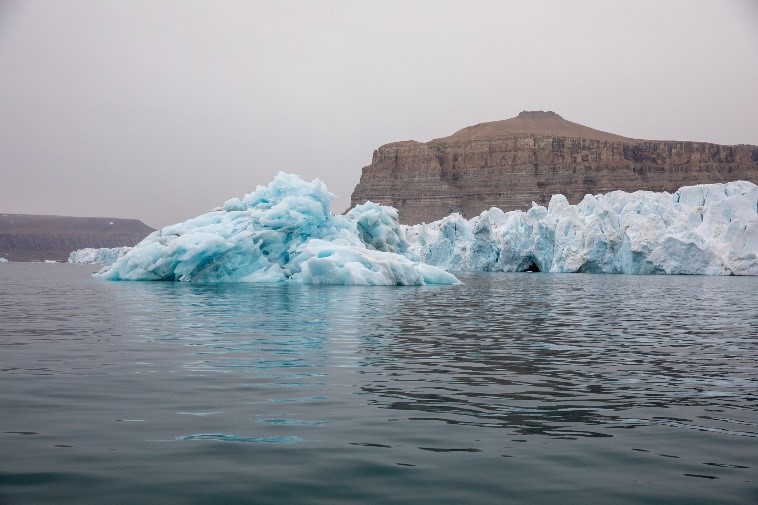





Disclaimer: Copyright infringement not intended.
Context
Findings of the Report
Silver Lining
|
PRACTICE QUESTION Q. To battle climate change are becoming more affordable, with green energy becoming cheaper than fossil fuels, while the world is developing better mitigation methods. Do you agree? |
https://www.ndtv.com/world-news/un-reports-off-the-charts-melting-of-glaciers-3971418










© 2025 iasgyan. All right reserved